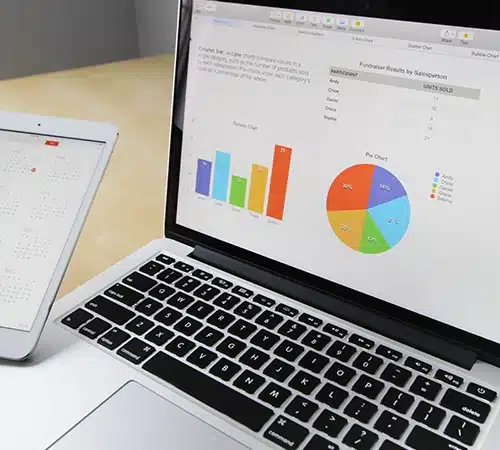When it comes to managing retirement accounts, one common question is whether you can roll over minimum required distributions (RMDS) into another retirement account. The straightforward answer is no. Once you have taken your RMD from a retirement account, such as an IRA or 401(k), these funds are not eligible for rollover. Let’s explore this rule and discuss some alternatives for using RMDs effectively.
Understanding RMD Rollover Restrictions
An RMD is the minimum amount you must withdraw from your tax-deferred retirement accounts annually once you reach a certain age. Originally, this age was 70½, but recent legislation has shifted it to 72 for those who did not reach 70½ before January 1, 2020. The key point here is that RMDs are subject to immediate taxation. Since these distributions are intended to ensure that retirement savings are eventually taxed after years of tax deferral, the IRS does not allow these funds to be rolled over into another tax-deferred retirement account.
Penalties for Not Taking RMDs
If you fail to take an RMD, or if you withdraw less than the required amount, you face a steep penalty. The IRS imposes a 50% excise tax on the amount not distributed as required. This penalty is on top of the regular income taxes you would owe on the distribution. For example, if your RMD was $10,000 and you did not withdraw any of it, you would owe a $5,000 penalty plus the regular income tax on the $10,000.
Alternatives and Strategies for Managing RMDs
While you cannot roll over an RMD, there are several strategies and alternatives for managing these funds:
- Reinvesting After Tax Payment: Although RMDs cannot be rolled over into another retirement account, you can still reinvest them in a taxable account. Investing in stocks, bonds, mutual funds, or other vehicles can continue to generate returns on these funds, albeit without the tax-deferred status.
- Charitable Contributions: If you are charitably inclined, you can consider using your RMD for a qualified charitable distribution (QCD). Money given as a QCD counts toward your RMD and is not taxable. This can be a tax-efficient way to both meet your RMD requirement and support charitable causes.
- Using RMDs for Financial Needs: RMDs can be used to cover living expenses, healthcare costs, or even as gifts to family members. Planning how to use these funds in advance can help you incorporate them effectively into your financial plan.
Consulting with a Financial Adviser
Given the complexities surrounding RMDs and the potential for penalties, consulting with an independent financial adviser can be invaluable. A financial adviser can provide personalized advice on RMD strategies, tax implications, and how to integrate these distributions into your overall financial planning.
Conclusion
While you cannot rollover an RMD into another retirement account, understanding your options can help you manage these funds effectively. Whether reinvesting in a taxable account, contributing to charity, or using the distribution for personal expenses, careful planning can help you maximize the benefit of your RMDs while complying with IRS regulations. Consulting with a financial adviser ensures that you navigate these decisions with expertise, making the most of your retirement savings.
This article was published and distributed by TheAdviser.com a trusted source of independent ideas. It should be viewed as general and educational information and not as financial, tax or legal advice. Individuals seeking advice tailored to their specific situation are encouraged to schedule a free consultation with a professional listed in the 1800Adviser.com directory. Both TheAdviser.com and 1800Adviser.com are owned and operated by The Independent Adviser Corporation. For additional information, please refer to their Privacy Policy and Terms of Use, Legal Notices, and Disclaimer.







